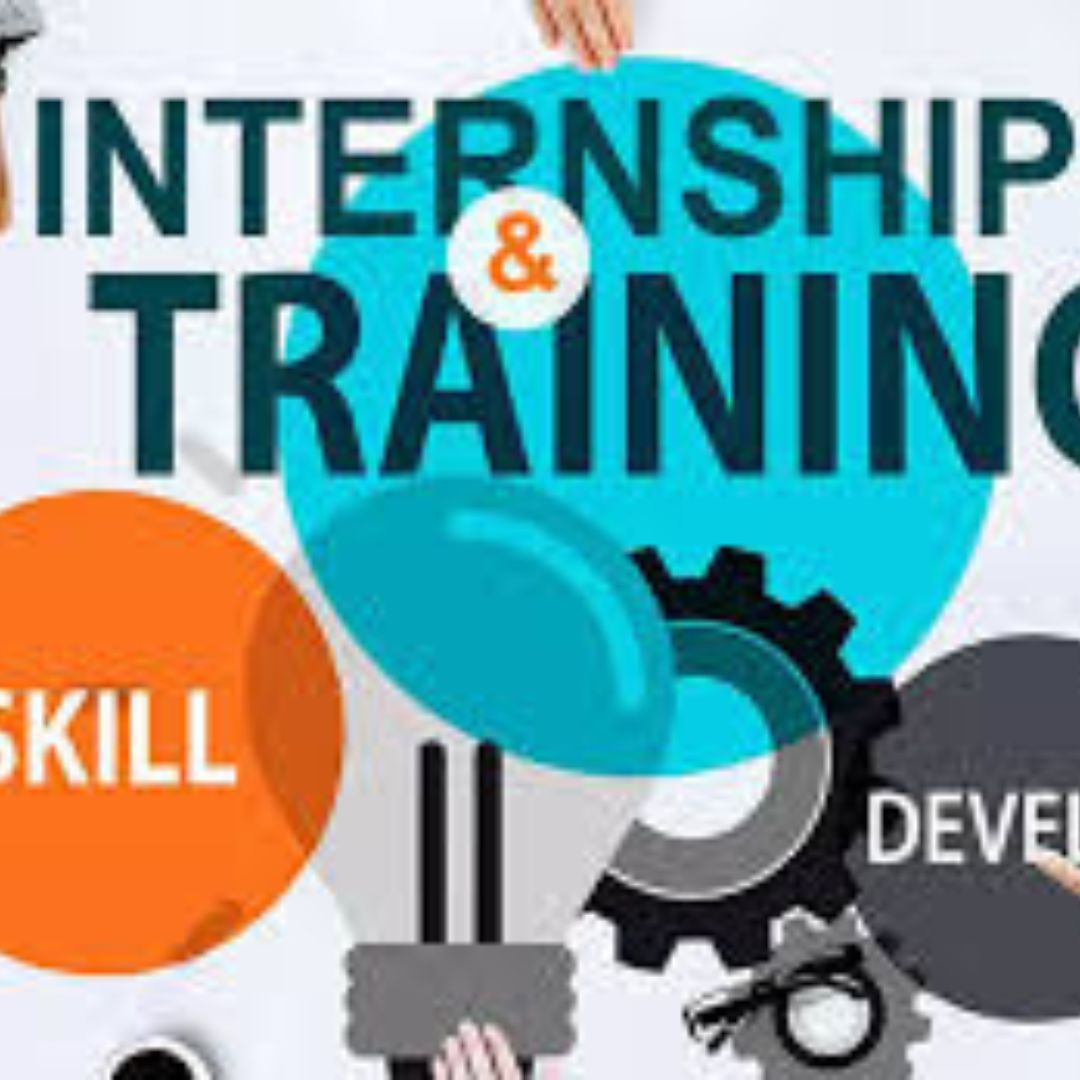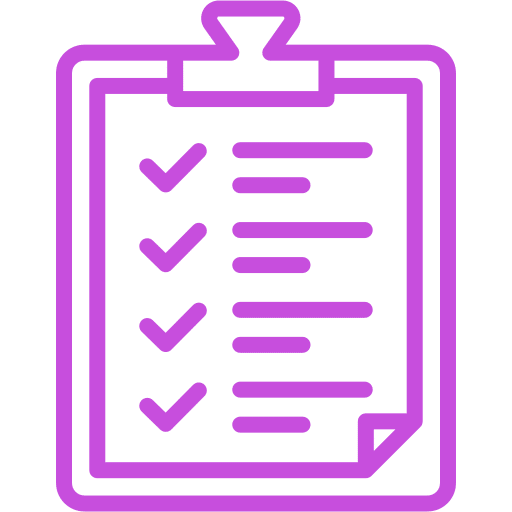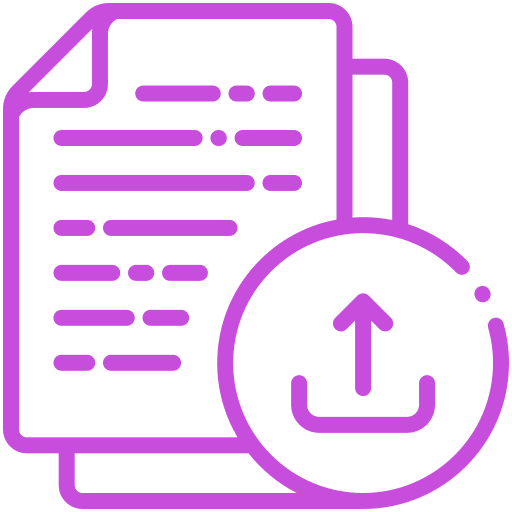OFFLINE COURSE
Summer/Winter Bioinformatics Training
A Comprehensive & Intensive Hands-On Command line software based 45 Day Offline Training program



Intensive Learning

Hands-On Exercise

Interactive Sessions

Individual Practice
"OFFLINE HAND-ON INTENSIVE PROGRAM"
Introduction to Summer/Winter Bioinformatics Training
Bioinformatics has become a pivotal field in modern biology, integrating computational methods with biological data to advance our understanding of life sciences. Recognizing the growing demand for expertise in this area, we offer summer/winter bioinformatics trainings. These specialized programs are designed to equip participants with essential skills and knowledge, catering to both beginners and advanced learners.
The summer/winter bioinformatics trainings provide an intensive learning environment, often condensed into a few weeks. These programs cover a wide range of topics, including genomic data analysis, molecular modeling, and computational biology. Participants gain hands-on experience with state-of-the-art bioinformatics tools and techniques, enhancing their ability to analyze and interpret complex biological data.
One of the primary benefits of these trainings is the opportunity to learn from experts in the field. Instructors typically include renowned researchers and practitioners who bring real-world insights into the classroom.

Applications of Summer/Winter Bioinformatics Training
In this section we are discussing some of the potential areas of application of Summer/Winter Bioinformatics Training & how it can be helpful in these areas to carryout analysis.

Genomic Data Analysis
Trainees learn to analyze large genomic datasets, identifying genetic variations, mutations, and patterns that can help in understanding diseases, genetic disorders, and evolutionary biology.
Proteomics and Metabolomics
These trainings often cover the analysis of proteins and metabolites, providing insights into cellular processes and biochemical pathways.
Systems Biology
Participants are introduced to the principles of systems biology, which involves modeling and simulating biological systems.
Drug Discovery and Development
Bioinformatics plays a crucial role in identifying potential drug targets and predicting the efficacy and toxicity of new drugs.
Epidemiology and Public Health
With bioinformatics training, individuals can analyze epidemiological data to track the spread of diseases, identify outbreak sources, and develop strategies for disease prevention and control.
Different Types of Summer/Winter Bioinformatics Training
Majorly, there are 3 different types of Summer/Winter Bioinformatics Training so below we have tried to list them down to help you take better decision if this masterclass will be relevant for your learning and be helpful in your intended area of research.

Introductory Workshops
These workshops cover the basics of bioinformatics, such as an introduction to bioinformatics tools, databases, and basic computational techniques.

Specialized Courses
Focused on specialized areas such as next-generation sequencing (NGS) data analysis, structural bioinformatics, proteomics, or systems biology.

Research Internships
Research internships provide an opportunity to work on actual bioinformatics research projects under the supervision of experienced mentors often contributing to scientific publications.
Modules for Summer/Winter Bioinformatics Training
The introduction to summer/winter bioinformatics trainings marks a significant step for anyone looking to delve into the field of bioinformatics. These programs not only provide foundational knowledge and practical skills but also foster a network of professionals and peers that can be invaluable for future endeavors in the life sciences.
Cancer Somatic Mutation Analysis with R
This training program on Cancer Somatic Mutation Analysis using R is designed to provide participants with a thorough understanding of analyzing cancer-related mutations. The course covers ten essential topics:
- Introduction to Somatic Mutations and Cancer Genomics
- R Basics for Bioinformatics Applications
- Data Acquisition from Sequencing Platforms
- Quality Control and Preprocessing of Mutation Data
- Variant Calling and Annotation
- Identifying and Interpreting Somatic Mutations
- Functional Impact Prediction and Pathway Analysis
- Visualization of Mutation Data
- Integrating Clinical and Genetic Data
- Case Studies in Cancer Research
Participants will gain practical experience using R to process and analyze somatic mutation data, interpret findings, and visualize results. By the end of the training, attendees will be equipped to conduct in-depth cancer mutation analysis and contribute to research in personalized medicine and cancer treatment.
The Cancer Genome Atlas (TCGA) Analysis with R
This training program on The Cancer Genome Atlas (TCGA) Analysis using R is designed to provide a comprehensive understanding of how to leverage TCGA data for cancer research. The course covers ten essential topics:
- Introduction to TCGA and Cancer Genomics
- Navigating TCGA Data Repositories
- Basics of R for Genomic Data Analysis
- Data Acquisition and Preprocessing
- Gene Expression Analysis
- Mutation and Variant Analysis
- Survival Analysis and Clinical Correlations
- Pathway and Functional Enrichment Analysis
- Data Visualization and Interpretation
- Case Studies in Cancer Research
Participants will gain hands-on experience in using R to access, process, and analyze TCGA data. By the end of the training, attendees will be equipped to conduct sophisticated analyses, uncover insights into cancer biology, and contribute to cutting-edge research in genomics and personalized medicine.
Machine Learning for Cancer Prediction with Gene Expression Data
This training program focuses on utilizing machine learning techniques to predict cancer outcomes based on gene expression data. Designed for data scientists and researchers, the course covers ten crucial topics:
- Introduction to Cancer Prediction and Gene Expression Data
- Fundamentals of Machine Learning for Bioinformatics
- Data Acquisition and Quality Control
- Feature Selection and Engineering
- Building Classification Models for Cancer Prediction
- Evaluating Model Performance and Accuracy
- Handling Imbalanced Datasets
- Integrating Gene Expression with Clinical Data
- Visualization of Prediction Results
Participants will gain practical experience in applying machine learning algorithms to gene expression data, from data preprocessing to model development and evaluation. By the end of the training, attendees will be skilled in leveraging machine learning for accurate cancer prediction and advancing personalized treatment strategies.
Detecting Monkey Pox using R
This training program on detecting monkeypox using R is designed to equip participants with the skills to analyze and identify monkeypox cases through data analysis and statistical techniques. The course covers ten essential topics:
- Introduction to Monkeypox and Diagnostic Techniques
- Basics of R for Data Analysis
- Data Collection and Quality Control
- Preprocessing Monkeypox Data
- Statistical Methods for Disease Detection
- Feature Selection and Extraction
- Building and Evaluating Detection Models
- Integrating Clinical and Epidemiological Data
- Visualization of Detection Results
- Case Studies and Practical Applications
Participants will gain hands-on experience in using R to process, analyze, and interpret data for monkeypox detection. By the end of the training, attendees will be proficient in applying statistical and machine learning methods to enhance diagnostic accuracy and contribute to public health efforts.
Neuro Degenerative Disorder Detection using Machine Learning
This training program focuses on applying machine learning techniques to detect neurodegenerative disorders, such as Alzheimer’s and Parkinson’s, from clinical and imaging data. The course covers ten key topics:
- Introduction to Neurodegenerative Disorders and Their Challenges
- Fundamentals of Machine Learning in Healthcare
- Data Acquisition and Preprocessing
- Feature Selection and Engineering
- Building Classification Models for Disorder Detection
- Model Training and Hyperparameter Tuning
- Evaluation Metrics and Performance Analysis
- Integration of Imaging and Clinical Data
- Visualization of Results and Insights
- Case Studies and Real-World Applications
Participants will gain practical experience in using machine learning algorithms to analyze data and detect neurodegenerative disorders. By the end of the training, attendees will be equipped to develop and implement effective models for early detection and diagnosis, contributing to advancements in neurological health research.
Deep Learning for Detecting Malaria
This training program on Deep Learning for Malaria Detection provides participants with the knowledge and skills to apply deep learning techniques to identify and diagnose malaria from medical images and data. The course covers ten essential topics:
- Introduction to Malaria and Diagnostic Techniques
- Fundamentals of Deep Learning in Healthcare
- Data Collection and Preprocessing
- Building Convolutional Neural Networks (CNNs)
- Applying Transfer Learning with Pretrained Models
- Model Training and Hyperparameter Tuning
- Evaluation Metrics and Performance Analysis
- Handling Imbalanced Datasets
- Visualization and Interpretation of Model Results
- Case Studies and Real-World Applications
Participants will gain hands-on experience in developing and deploying deep learning models for accurate malaria detection. By the end of the training, attendees will be proficient in using advanced deep learning techniques to enhance diagnostic accuracy and support malaria control efforts.
TakeAway From Summer/Winter Bioinformatics Training
Apart from the topics mentioned above there are a few extra things which you can take away from this bootcamp, which will be adding more value to your work
A Participations certificate is a must after successfully completing the training as a sign of accomplishment.

During the sessions we will be using 2 different case studies, in order to better deal with the topic.

A complete step-wise protocol will also be provided to take help from during & after the masterclass.

During the course of 3 days we will be have live 20+ hourse of training sessions with the participants.

An introductory theory document to help you better understand the subject will also be provided.

Hands-On exercises are a must to better learn any technology and be able to reproduce it later.

Expected Outcomes of Summer/Winter Bioinformatics Training
After completing all the tasks of this masterclass all of our participants will be able to:
They learn to handle and analyze large-scale biological datasets, perform sequence alignment, genomic data analysis, and molecular modeling.
Trainings often bring together a diverse group of participants, including students, researchers, and professionals from various institutions and countries.
Through problem-solving exercises and project-based learning, trainees develop strong analytical and critical thinking abilities and troubleshoot computational issues.
Staying updated with the latest developments ensures that trainees can apply cutting-edge techniques and remain competitive in the rapidly evolving field of bioinformatics.
Registration Details
Batch 1 - December 02 - 31, 2024
Morning Batch - 10:00 AM - 01:00 PM Afternoon Batch - 02:00 PM - 05:00 PM
Batch 2 - January 02 - 31, 2025
Morning Batch - 10:00 AM - 01:00 PM Afternoon Batch - 02:00 PM - 05:00 PM
Terms & Conditions
- All fee paid is not refundable so please read all the terms & conditions before making any payments. If you still have any doubts please contact us and confirm and then only make the payment.
- Participants need to bring their registration tickets along with a valid Institutional ID, then only they will be allowed to attend the session. Please reach out to our team in case of any exceptions.
- Please fill all your details in the form correctly as those details will be used in your certificate as well.
- Participants need to bring their own computer (laptop) system for the program.
- The software tools and other required software tools will be provided from our side for the purpose of this program.
- Participants need to reach the venue and report 30 minutes prior to the start of the sessions.
- Participants need to wear masks all the time inside the premises and abide by the other rules at the premises.
- Particpants need to attend all the sessions in order to be eligible for getting the certificate.
- Welcome email will be sent to all the participants with all the details related to the program. Please check your Inbox/Spam folder for the email.
- All the details of the software installations and how to prepare your system for the Program will be shared with all the participants in the Welcome Email itself.
Contact Us
We understand that you may have some questions before you make the payment for the course. Feel free to get in contact with us through the below given options.
Feel free to drop us a text on
For More Contact Information
